Eric Topol, a best-selling author, cardiologist, and digital health researcher, hopes that artificial intelligence will help improve empathy among medical practitioners.
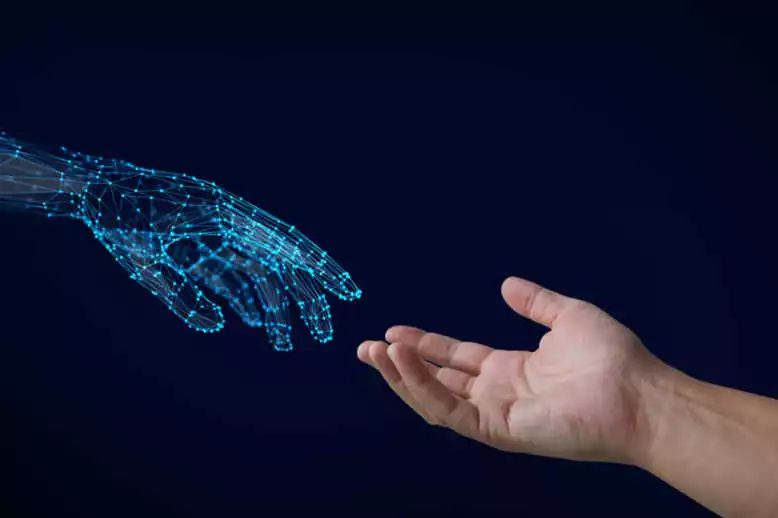
As a professor of genomics and a pioneer in digital health communication, Eric Topol has been in the field of medical technology. Now, the cardiologist and the author of the two best-selling books "Subversive Medicine" and "Patients Will See You Now" are turning their attention to the next frontier of medical care: artificial intelligence (AI). MD+DI had the honor to interview him, and the following is a summary of the dialogue.
Q
MD+DI: Which aspect of artificial intelligence attracts you the most?
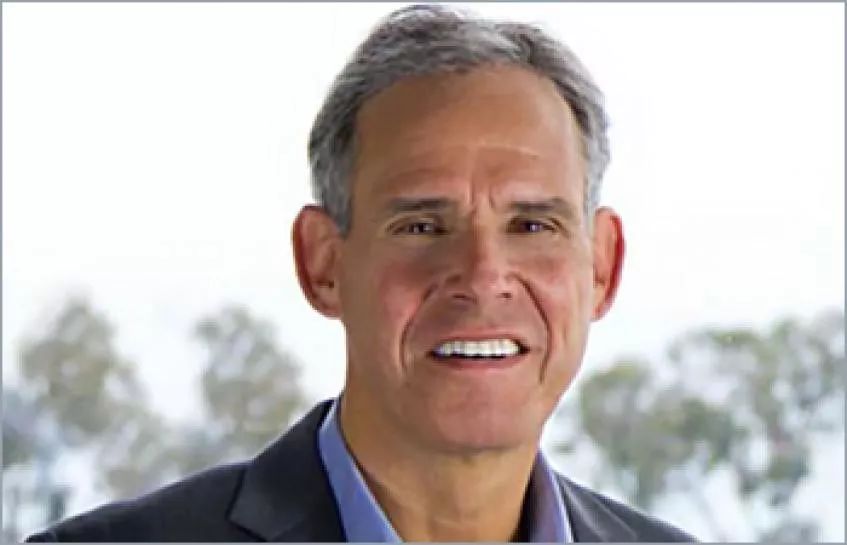
Topol
It can reduce the workload of doctors, nurses and all medical professionals, so that they have more time and energy to be close to patients, return to empathy and strengthen the emotional bond between people. Overall, this situation has been getting worse during my 30-year career. We need to return, artificial intelligence may be an effective way. It has many potential advantages, but for me, this is the most important.
Q
MD+DI: Which diseases do you think artificial intelligence has the greatest impact on?
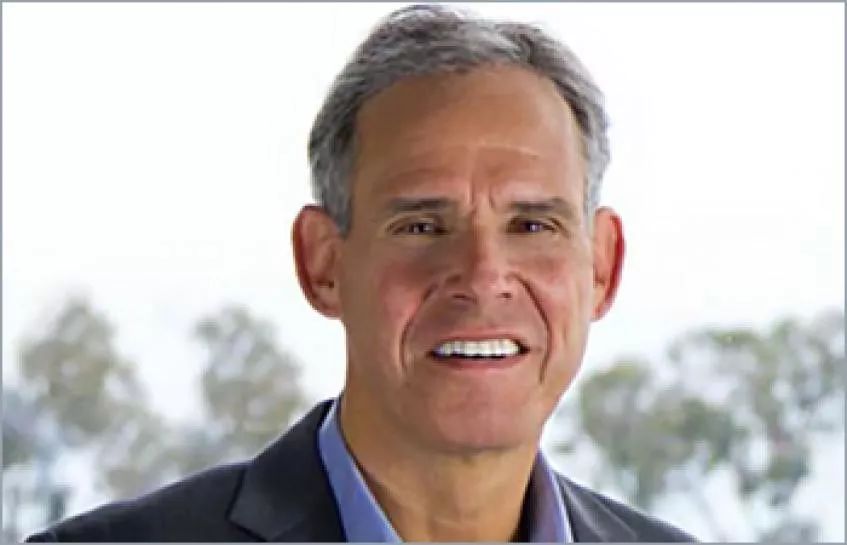
Topol
We have seen the impact of sensor data on diseases such as diabetes, hypertension, and asthma, and data-based indicators help measure the real-time status of these patients. These diseases will be areas of direct benefit from the development of artificial intelligence.
Will it help cancer? This question is very complicated. Cancer is very difficult. If we extract someone’s genome, immune group, and all their data, we can use artificial intelligence for cancer, and maybe we can find better and more accurate diagnosis and treatment options.
In general, the most important point is to avoid misdiagnosis, improve the accuracy of diagnosis and reduce medical accidents. This is true for all diseases.
Q
MD+DI: Are patients willing to receive machine care?
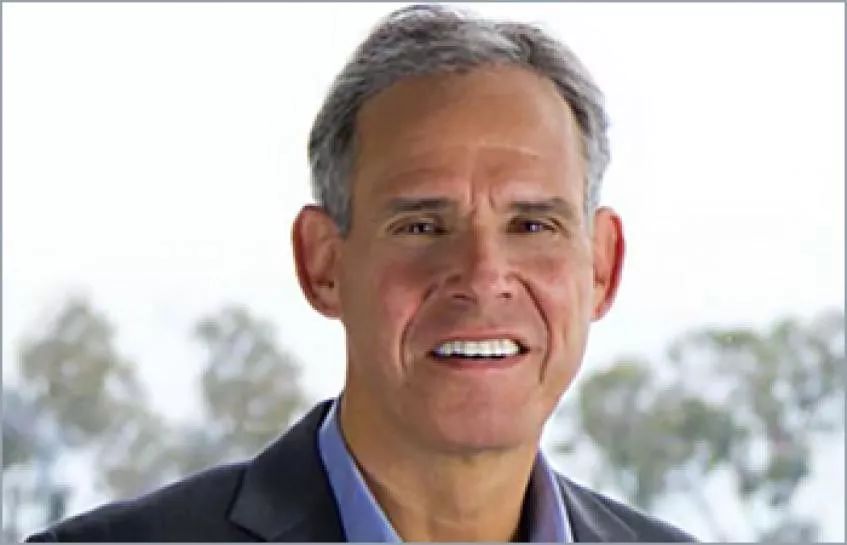
Topol
This is only partial care, and in no case will all care be taken by the machine. We don't know yet, but we can make some inferences. Diabetes patients use continuous glucose sensors, they think it will help, can better control the condition. One step further, you can continuously connect and analyze all your data. Some people don't want to participate, some people will be very welcome, so we will wait and see.
My overall impression of patients is that if the data can be fed back to them, and the data is easy to understand, and there is a good visualization of the data, it can help them better understand their health status. I believe most people will support and accept it.
Q
MD+DI: What do your medical colleagues think about the future of artificial intelligence?
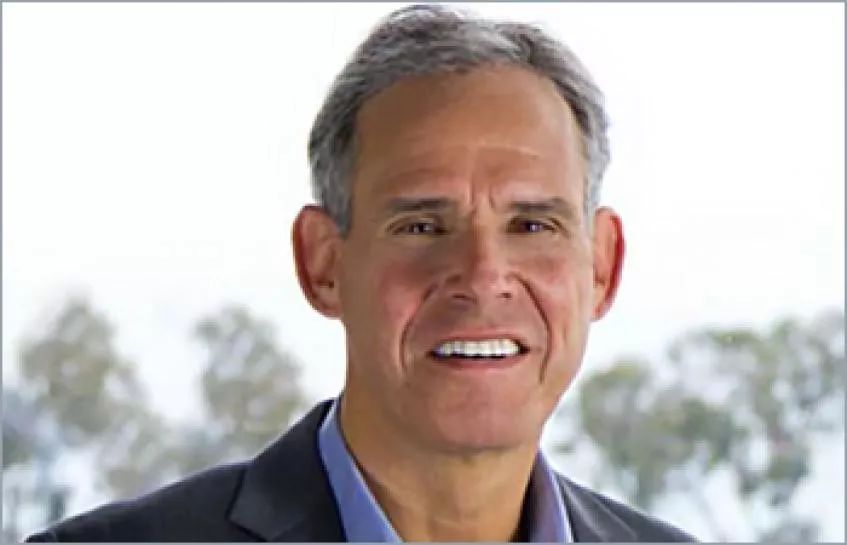
Topol
They don't talk much so far, so I don't know much about their general attitude. Let’s put it this way, I think that any change in medicine will meet resistance, so I guess if a vote is held among doctors today, the result will be negative. This is just a guess. For decades, I have been working with others on technology research and trying to promote the development of this field. But whenever something new appears, I have never seen it immediately arouse everyone's widespread enthusiasm. In the beginning, many people are usually silent and questioning.
Q
MD+DI: What does this mean for the use of artificial intelligence in medicine?
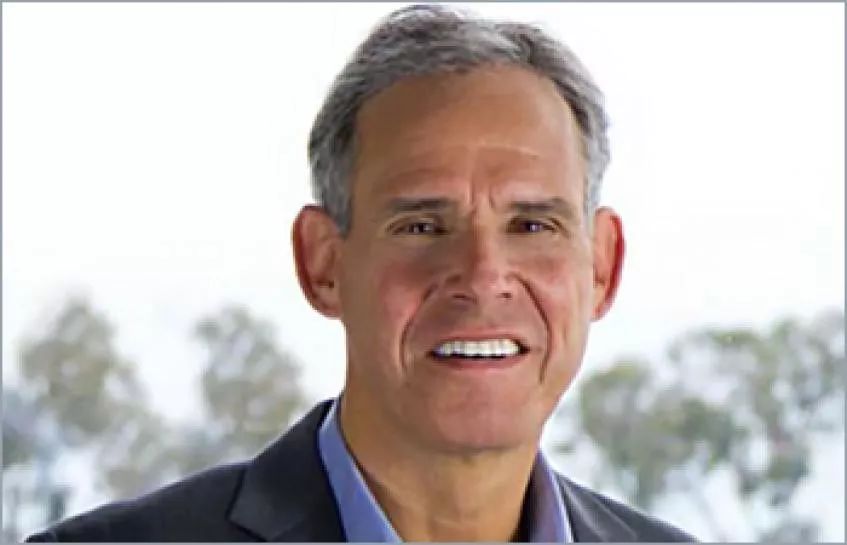
Topol
Need for clarity and evidence. First of all, it cannot cause harm. Unless results can be improved and costs can be reduced, there will be nothing new in the current medical world. In the past, as long as you can achieve one of the two, but nowadays, if you can only improve the results but will lead to higher costs, it will not be accepted. We are already in a medical economic crisis, and our expenditure has reached 3.5 trillion US dollars. The positive point is that artificial intelligence can reduce costs, but now another problem has arisen: When reducing costs, it will deprive doctors, hospitals, and medical systems of some of the benefits. This will inevitably lead to conflicts. You can't just reduce costs without affecting some people's income.
The problem is that some people with vested interests will not be happy to see machines play a greater role in reducing costs and improving results, which will damage their interests.
Q
MD+DI: What do you think are the potential shortcomings of artificial intelligence?
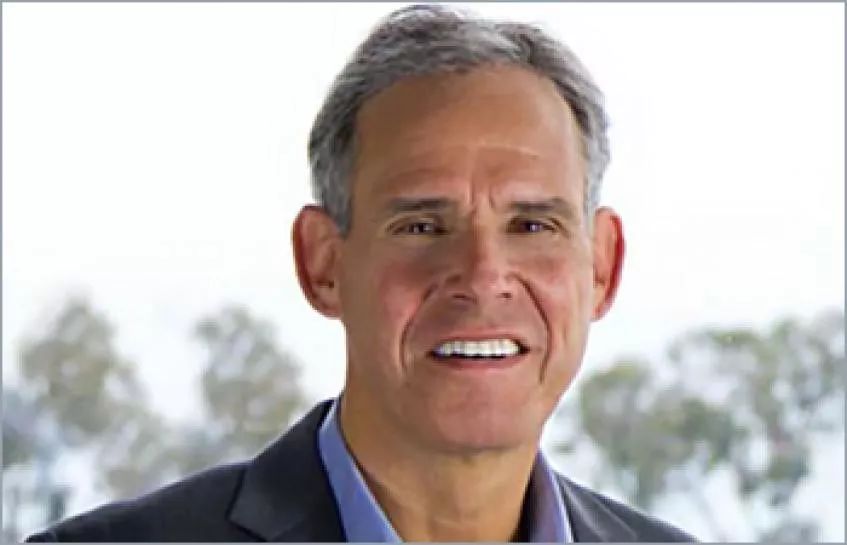
Topol
I am full of confidence in the potential of artificial intelligence, but it has not been fully verified or realized, and it will bring a lot of derivative responsibilities. First of all, it may further aggravate the current medical inequity and become a service that only the rich can obtain. If this happens, it will be very frustrating, because we already have medical inequities.
There may also be privacy and security issues. There are already patient cases that have been hacked, stolen, and sold without their knowledge. Artificial intelligence may aggravate this situation, rather than alleviate it.
In addition, if we rely on artificial intelligence technology, once the algorithm makes a mistake, it may be difficult to detect and hurt many people in a short period of time. The algorithm and Albec must be verified through very rigorous clinical trials.
Therefore, artificial intelligence is not a perfect technology, and it may disappoint us in many ways. I just think it has broad prospects for development.
Q
MD+DI: Artificial intelligence can help us understand all the data obtained through digital health tools. But taking a step back, our medical system has not yet fully realized digital health services, so is it turning the cart before the horse to develop artificial intelligence?
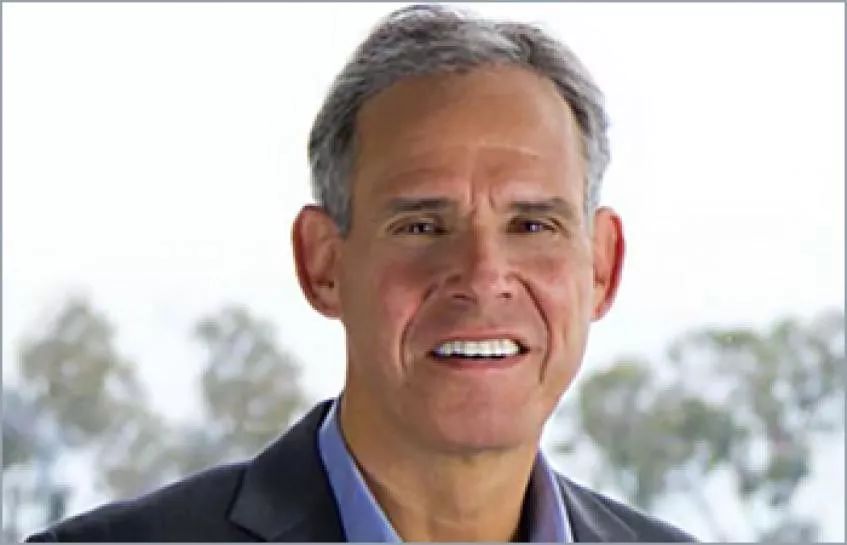
Topol
I think this is not turning the cart before the horse. I think the two can be developed in parallel, and it is not a simple matter of sequence. Artificial intelligence can provide a lot of help to the medical field, and we don't want to postpone research in this area.
Q
MD+DI: One reason for the incomplete implementation of digital health services is that our reimbursement system, especially in the United States, has not yet established a corresponding mechanism. Can artificial intelligence help solve this problem, or will it be blocked by the same problem?
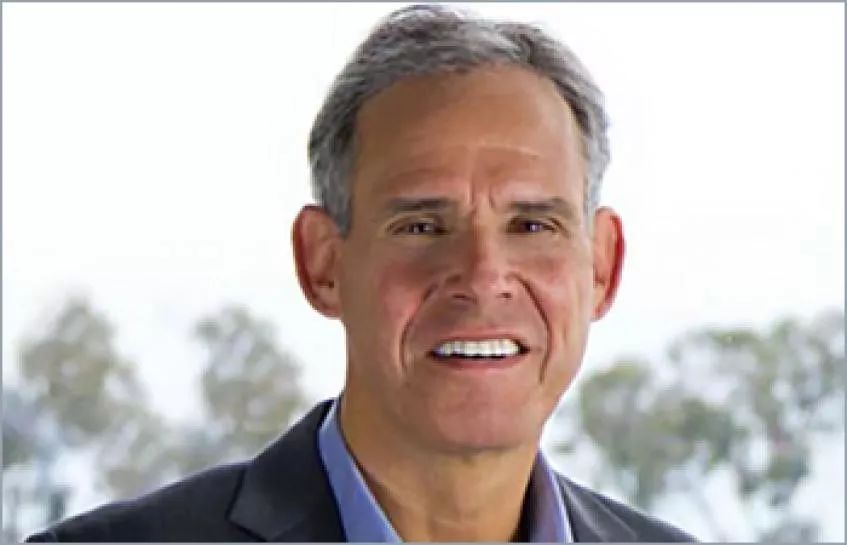
Topol
This is a very good question. There is no doubt that the medical expense reimbursement system has delayed the development of digital medicine, because there are many things that do not have [CPT] codes. Regarding artificial intelligence, I think it cannot solve the reimbursement problem, and it is very likely to encounter the same problem. For example, modelling shows that we can perform 260 million medical scans at a price of US$1,000 in one day. If this is the case, the reimbursement system must be adjusted on a large scale and use deep learning from films such as CT scans and x-rays. We can launch artificial intelligence now, which can also significantly reduce costs, but those radiologists or medical systems that profit from scanning interpretation will obviously not support it.
Q
MD+DI: We often hear about applications that artificial intelligence will replace. With the popularization of artificial intelligence, which medical jobs may disappear?
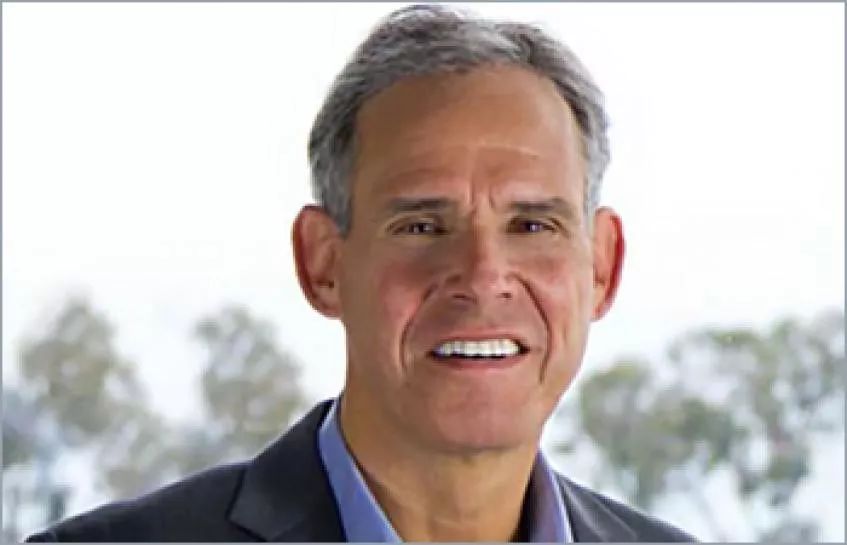
Topol
I think it will have an impact on work, but it will not replace people or occupations, but change the content of people's work. I think this will be the case in the entire field. For doctors who need to deal with a lot of pattern recognition, such as radiologists, pathologists who observe slides, and dermatologists who observe skin lesions, part of their work will be significantly affected.
These effects are not limited to doctors, but will involve the entire industry. But this does not mean that these professions will be eliminated, but they can have more time to do other things.
For me, the best hope is to free clinicians from overwork and allow them more time to communicate and communicate with patients. We do not need to waste a lot of time on electronic health records, because in the future, these tasks can be better done by natural language processing and machine learning. Faced with the many complicated tasks we are going to do today, doctors will not be replaced, but hopefully make their lives easier, and they can have more energy and time to improve the doctor-patient relationship. This is my greatest hope in this field.
Q
MD+DI: Whose role has changed the most?
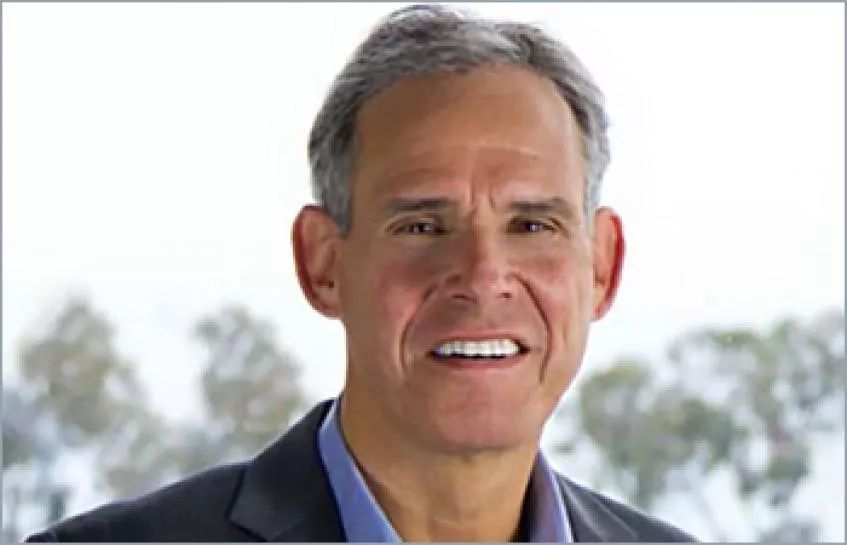
Topol
I think many people will be affected, but it is difficult to know who will be most affected. Now it is difficult to predict when everything will happen. But in the entire medical field, no one is immune. This is just a matter of degree and time.
If you are on a pattern recognition team, it is even more urgent. The same is true for radiologists, not interventional radiology, but conventional radiology, pathologists who explain slides, dermatologists who diagnose skin lesions. Under the development of artificial intelligence technology, these teams will bear the brunt of the impact. I know that every team is thinking about changes in their daily functions. It is not that there will be any elimination process, but over time, the opportunities that different practitioners have are different.
Our company can provide many kinds of high quality vehicle Alarm Speakers,with the advantages of novel appearance, it has clear sound quality, waterproof, corrosion resistance, and good sealing performance.
All electro-acoustic parameters have reached the leading level of similar products, and are widely used in special products police Dept. Fire Dept. Ambulance and fixed places for alarm matching use so on ! it can match with with our all siren products to work !
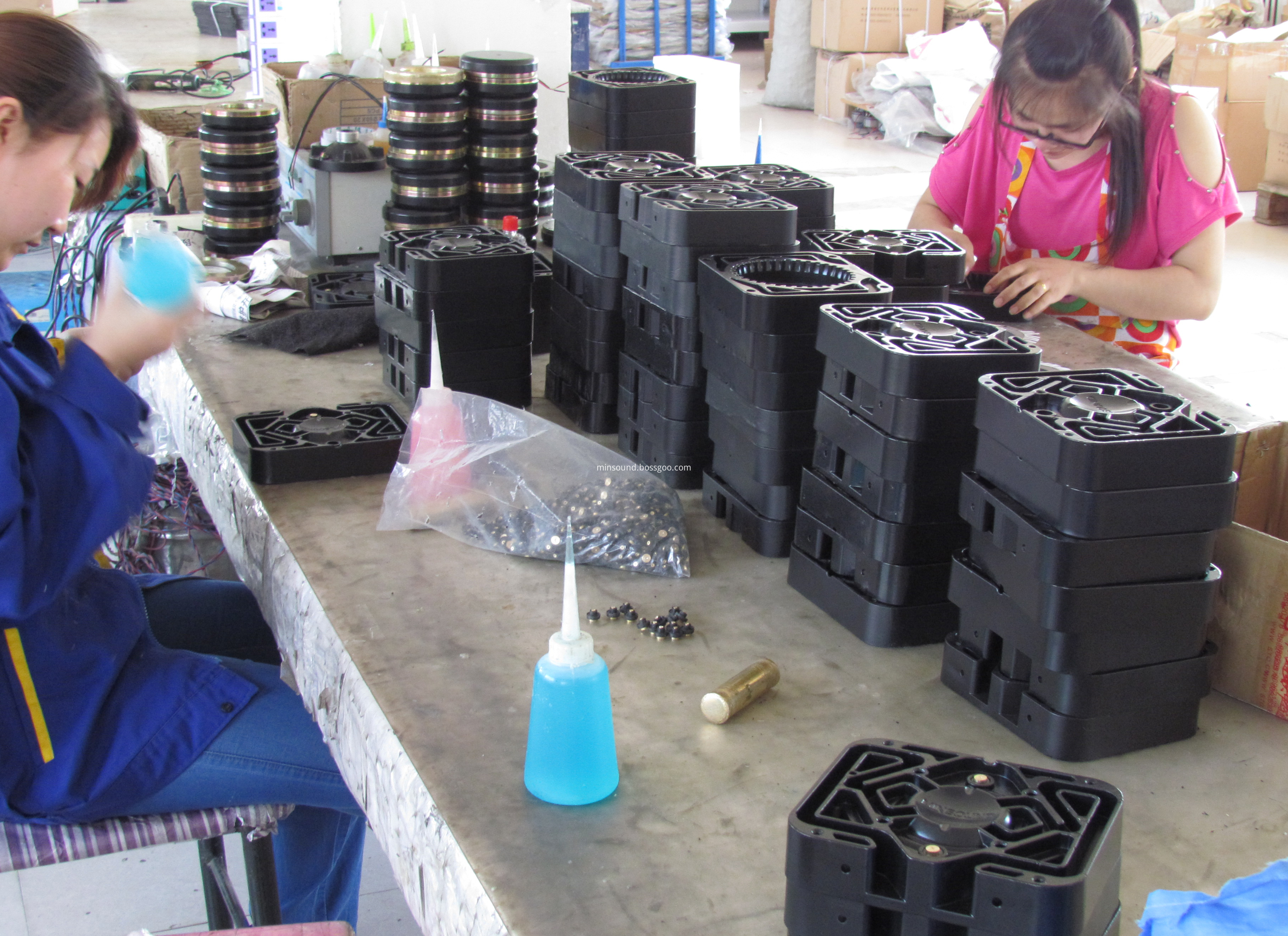
Alarm Speakers,Emergency sirens,Emergency Siren Speakers,Warning Sirens,siren speakers
Taixing Minsheng Electronic Co.,Ltd. , https://www.ms-speakers.com